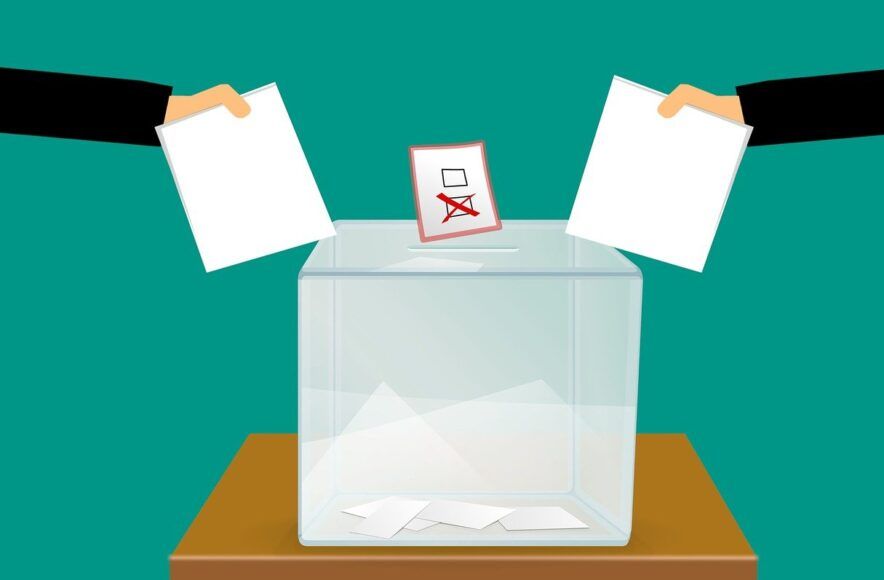Minimum voting age in UK elections reduced from 18 to 16

Will you use your vote and does voting make a difference?
On July 17, 2025, the UK Government announced that 16 and 17-year-olds would be given the right to vote in the next general election. Alongside this, voter ID, which has been a barrier to some people from voting, will be extended to include bank cards so that more people can take part as in previous elections, some voters were turned away at the polling stations because they didn’t have sufficient ID. Any changes leading to greater inclusion and accessibility are welcome, and we can always do more to support an increasing number of people to have their say.
I think that lowering the voting age to 16 is a good move as 16-year-olds can work, pay taxes, serve in the military, bring a child into the world etc. so if they can do all these, they should be able to vote and have a say in how their local area and country is governed. For those now able to vote, I wanted to share some useful information about how the voting system works currently, and why it’s important to use your vote.
What happens at elections?
The UK has had a ‘first past the post’ voting system for a long time, with the ‘big two’ of Labour and the Conservative parties typically taking turns being in power.
At general elections, we don’t choose who the Prime Minister should be. Our vote at local elections is to choose a Councillor or Councillors and at general elections, to choose our constituency Member of Parliament (MP). At each election, with the exception of independent candidates, political parties select candidates and the candidate with the most votes wins; sometimes if turnout is low, a candidate can win with a seemingly small percentage of the vote. For example, if there are 6 candidates and five receive 16% each, the remaining candidate would win the seat with just 20% of the vote. So while first past the post usually brings majority governments, it doesn’t always represent how the majority of people actually voted.
How could things change in the future?
Some believe that a system which uses proportional representation would be fairer and would elect a government more representative of how people voted. An example being Greater Manchester South, which would be electing 6 MPs. Voters would have a list of parties to vote for so for example, if Labour achieved 27% of the vote, Reform UK 30%, Liberal Democrats 19%, Green Party 12% and Conservatives 11%, Labour would have 2 MPs elected, Reform UK 2 MPs, Liberal Democrats 1 MP and Green Party 1 MP. Proportional representation will likely deliver minority governments, with no one party having an overall majority, which would mean different parties working together and co-operating. Former Labour Party leader Neil Kinnock and current Greater Manchester Mayor (and former Labour MP) Andy Burnham are supporters of changing the voting system to a form of proportional representation.
Irrespective of the system being used, allowing those 16+ to vote will hopefully allow technology to catch up and we could see the introduction of online voting in the future. There are pitfalls, for example low turnout amongst the young and people unsure who to vote for, how elections work, having the required ID, etc. But I believe it is better that people from age 16 have the right to vote and choose not to, rather than not have the right to vote at all.
Using your vote
My advice to 16 & 17-year-olds is to use your vote, research the candidates, use social media, understand the voting system, understand how ‘tactical voting’ works and make your vote count as best as you can. If you feel un-represented by your current MP or the system as a whole, the only way things can change it is by voting for candidates and parties who align with your wants and wishes for society, and reflect your personal values. And if you believe the current voting system should change, research which candidates/parties support this so you can make an informed choice.
There are many challenges we are currently facing as a country, so use your vote and your voice, because we won’t know how much better things can be unless we try doing things differently.
Find out more about United Response’s campaign to increase voter accessibility – My Voice My Vote – in partnership with Mencap and Dimensions: My Vote My Voice
Article by Ben Stone